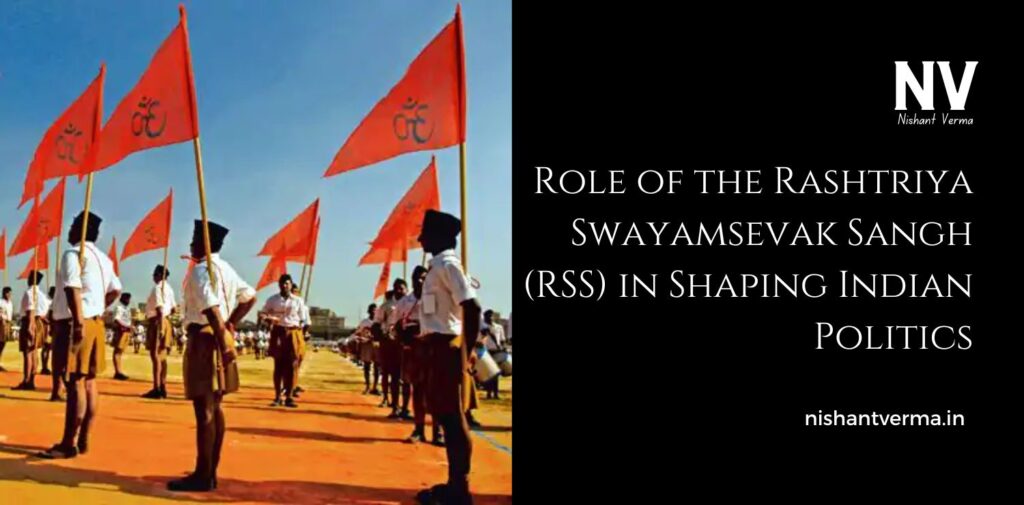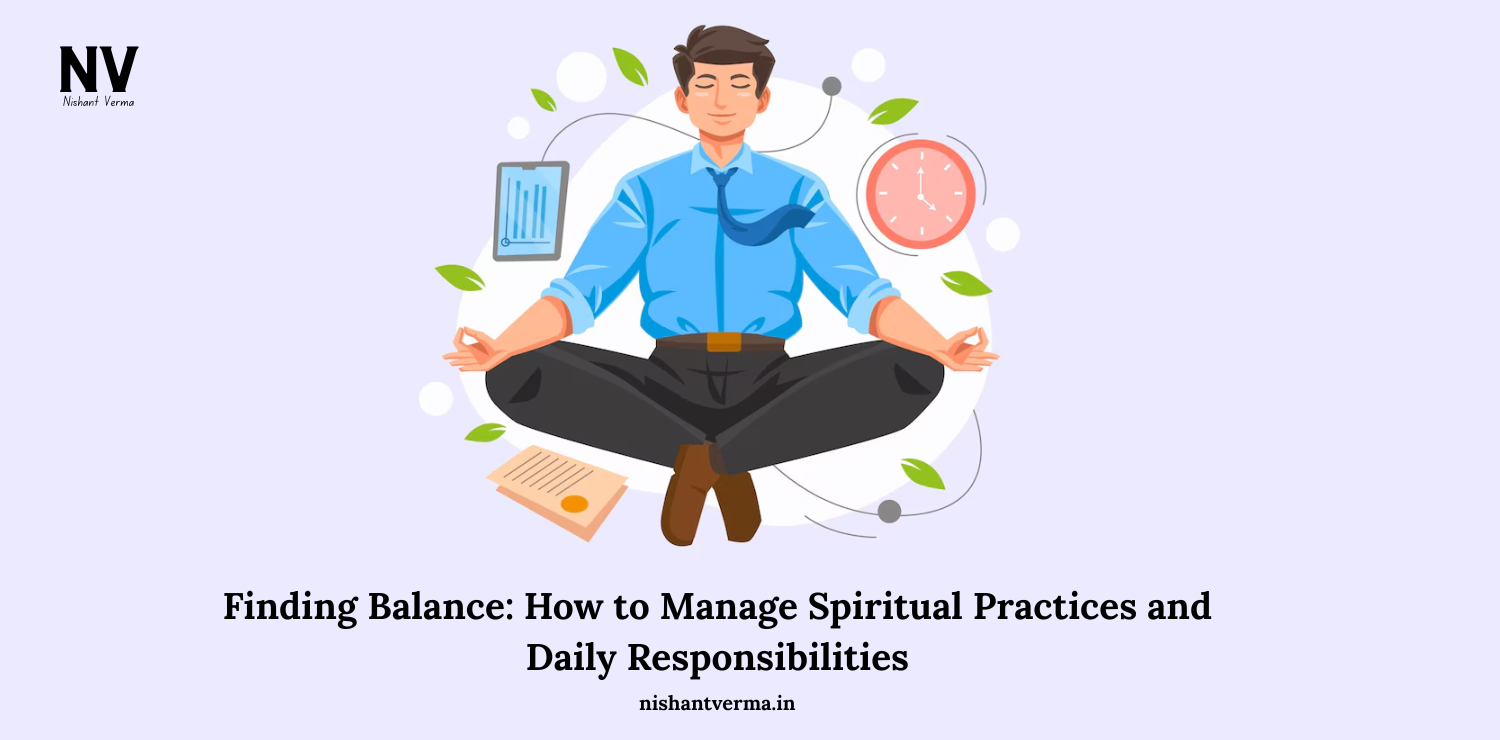India is a country with a rich history of struggles, movements, and many organizations that have played a key role in shaping its political landscape. One such organization is the Rashtriya Swayamsevak Sangh (RSS). Founded in 1925 by Dr. K.B. Hedgewar, the RSS has become a powerful influence in Indian politics over the years. But what exactly is the RSS, and how has it shaped Indian politics? Let’s dive into understanding its role in a simple and easy way.
What is RSS?
The Rashtriya Swayamsevak Sangh (RSS) is a right-wing, Hindu nationalist organization. The word “Swayamsevak” means volunteer, and “Rashtriya” means national. So, RSS is an organization of volunteers working for the betterment of the nation, with a special focus on promoting Hindu culture and values.
The RSS is not a political party, but it has had a significant impact on politics. Over the years, it has influenced many political leaders and parties. It is known for its disciplined activities, which include regular meetings, physical training, and social work aimed at building a strong sense of nationalism among its members.
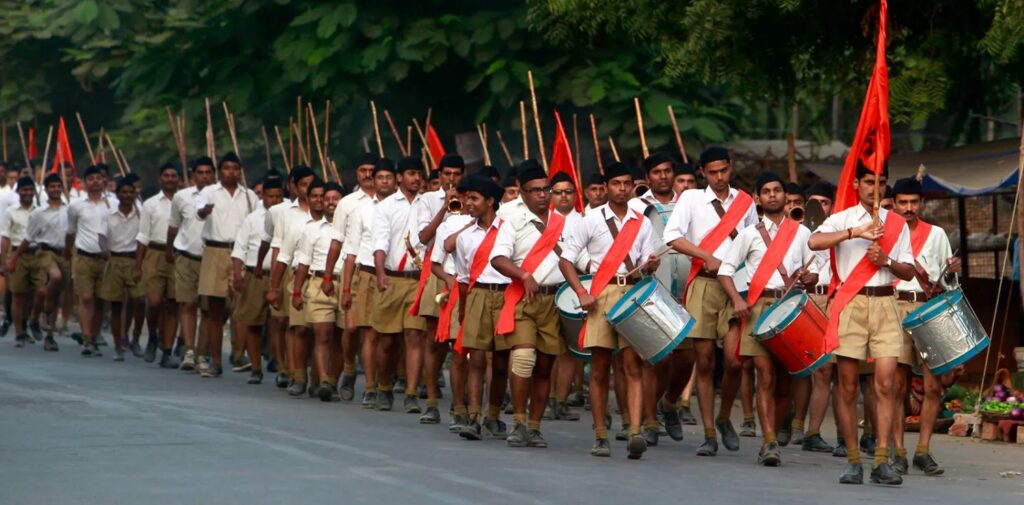
RSS’s Early Days and Its Core Idea
The RSS was started by Dr. K.B. Hedgewar in Nagpur in 1925. The idea was to create an organization that could unite Hindus and work for the strength and security of India. In the early years, the organization mainly focused on training its members to be disciplined, physically strong, and mentally sharp.
The central idea behind RSS was to promote the concept of Hindutva (Hindu-ness) as the foundation of India’s culture and values. This idea was shaped by the belief that India’s strength lies in its Hindu identity, and this was the best way to ensure the country’s unity and progress.
How Did the RSS Impact Indian Politics?
The RSS, though not directly involved in politics, has had a significant influence on Indian politics. Here’s how:
Supporting Nationalist Movements
In the years leading up to India’s independence in 1947, the RSS was actively involved in supporting nationalist movements. Although the RSS was not a part of the Indian National Congress (INC) or other major political movements, its volunteers helped spread the message of unity and nationalism.
During the struggle for freedom, the RSS supported the idea that India should be strong and independent. It was influenced by the thoughts of leaders like Vinayak Damodar Savarkar, who was a strong advocate of Hindu nationalism.
Influencing Political Leaders and Parties
The RSS has played a role in shaping many political leaders in India, especially those who have later gone on to lead political parties. The Bharatiya Janata Party (BJP), one of the most important political parties in India today, has deep ties with the RSS.
Many BJP leaders, including former Prime Ministers like Atal Bihari Vajpayee and Narendra Modi, were trained in the RSS. This connection has allowed the RSS to influence BJP’s policies and approach. It is often said that the BJP is the political arm of the RSS because many of its leaders were once associated with the RSS.
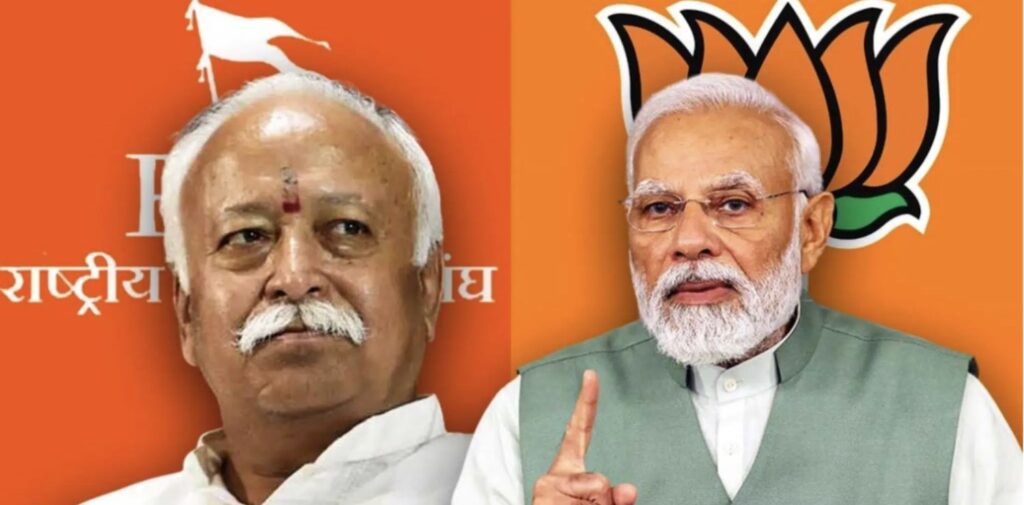
Promoting Hindu Nationalism in Politics
The RSS strongly advocates for Hindutva and believes that India’s identity should be based on Hindu culture. This has played a big role in shaping the politics of India, especially in recent decades. Many political debates, issues, and even election campaigns in India today often touch on Hinduism and its place in Indian society, thanks to the ideas promoted by the RSS.
The RSS’s idea of Hindu unity has influenced the way political parties like the BJP approach religious issues. For example, issues like cow protection, temple building, and reviving Hindu traditions are often central themes in their political campaigns.
Organizing Social Work and Community Activities
The RSS has always been involved in social service and community activities. It believes in strengthening the country by first strengthening the people. Through its network of Shakhas (local gatherings), the RSS organizes various activities, including teaching people how to stay healthy, promote good values, and work for the betterment of society.
The RSS is also involved in relief work during natural disasters, helping the poor, and running schools and hospitals. These activities are not only for Hindu communities but for all people, regardless of religion or background.
Criticism of the RSS
While the RSS has many supporters, it also faces criticism. Some of the common criticisms include:
- Hindu Nationalism: Critics say that the RSS’s emphasis on Hindu identity sometimes leads to religious division. Some people feel that it marginalizes non-Hindu communities and goes against the idea of India as a secular country.
- Communal Tensions: Over the years, there have been incidents where RSS members have been accused of promoting communal tension. Critics argue that the organization’s strong focus on Hindu values might sometimes promote intolerance towards other religions.
- Political Influence: Some believe that the RSS has too much influence on the political system in India, especially over parties like the BJP. This influence is seen by some as a way for the RSS to push its agenda into the government’s policies.
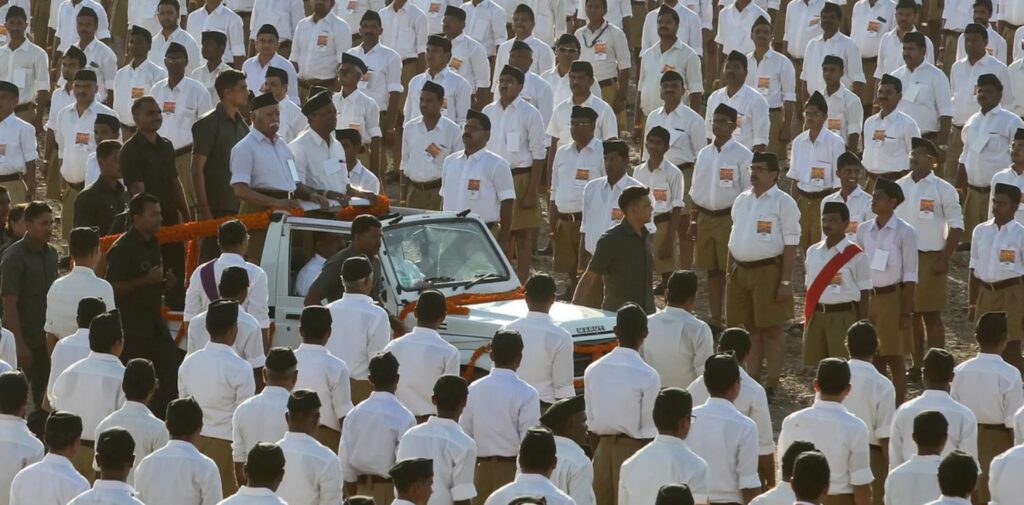
RSS in Modern Indian Politics
Today, the RSS is an influential force in Indian politics, particularly through its support for the Bharatiya Janata Party (BJP). Under the leadership of Narendra Modi, the BJP has risen to power with strong support from the RSS, and the ideas of Hindutva are more visible in the country’s politics than ever before.
The RSS plays a key role in building a strong political strategy by organizing volunteers, campaigning in elections, and creating an atmosphere of unity among its supporters. The RSS believes that by focusing on the values of discipline, hard work, and community service, it can lead India towards a stronger future.
Conclusion
The Rashtriya Swayamsevak Sangh (RSS) has played a very important role in shaping the political landscape of India. From its humble beginnings in 1925, it has grown into an influential organization that impacts politics, society, and the way India sees itself.
Though the RSS is not a political party, its influence on political parties like the BJP has been significant. Its focus on Hindu nationalism, social work, and promoting unity has helped shape much of the political discourse in India today. However, it also faces criticism for promoting a narrow vision of India’s identity.
In the end, the RSS continues to play an important role in shaping India’s future. Whether one agrees or disagrees with its views, understanding its influence is key to understanding modern Indian politics.

